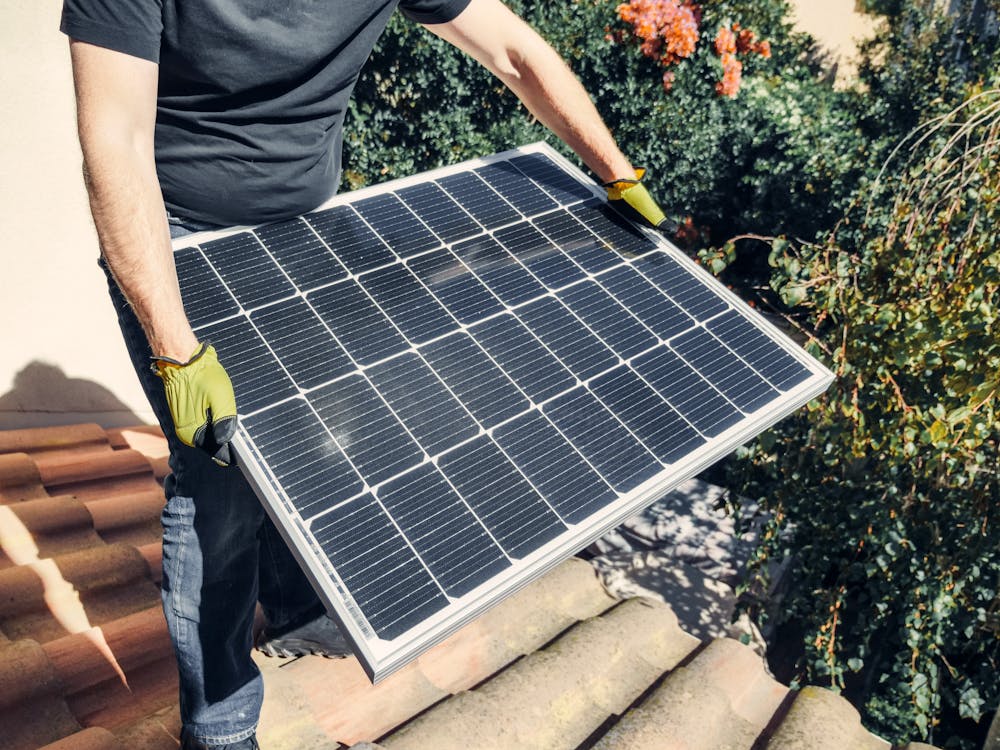Understanding Net Metering in Pakistan


Fatima Ahmed
Energy Policy Analyst
Net metering is a billing mechanism that credits solar energy system owners for the electricity they add to the grid. This guide explains how net metering works in Pakistan and how it can benefit homeowners with solar installations.
What is Net Metering?
Net metering allows residential and commercial customers who generate their own electricity from solar power to feed electricity they do not use back into the grid. This billing arrangement credits solar customers against their electricity consumption, effectively using the grid as a giant battery.
Net Metering in Pakistan
Pakistan introduced net metering regulations in 2015, allowing solar system owners to sell excess electricity back to the grid. The National Electric Power Regulatory Authority (NEPRA) oversees these regulations, which have been updated several times to improve the process.
How Net Metering Works in Pakistan
- Installation: A bidirectional meter is installed that can measure both the electricity you consume from the grid and the excess electricity your solar system feeds back into the grid.
- Billing: At the end of each billing cycle, you are charged only for the "net" energy used. If you generated more electricity than you consumed, you receive a credit on your next bill.
- Rate: The rate at which you are credited for excess electricity is determined by NEPRA and is typically around 19.32 PKR per kWh (as of 2023).
Benefits of Net Metering
Financial Savings
Net metering can significantly reduce your electricity bills by offsetting your consumption with the electricity you generate. In some cases, customers may even receive payments from the utility company if they consistently generate more than they consume.
Faster Return on Investment
With net metering, your solar investment can pay for itself more quickly because you're getting value for every kilowatt-hour your system produces, even when you're not using the electricity yourself.
Environmental Benefits
By feeding clean, renewable energy back into the grid, you're helping to reduce the overall carbon footprint of Pakistan's electricity generation.
How to Apply for Net Metering in Pakistan
The process to apply for net metering in Pakistan involves several steps:
- Submit an application to your local Distribution Company (DISCO)
- Technical feasibility study by the DISCO
- Approval and signing of the net metering agreement
- Installation of the bidirectional meter
- Inspection and commissioning of the system
The entire process typically takes 30-45 days from application to commissioning.
Requirements for Net Metering
To qualify for net metering in Pakistan, you need:
- A grid-connected solar system (not off-grid)
- System capacity between 1 kW and 1 MW
- Compliance with technical standards set by NEPRA
- A three-phase connection (for systems above 5 kW)
Challenges and Considerations
Bureaucratic Process
The application process can be bureaucratic and time-consuming. Working with an experienced solar installer who can handle the paperwork can make this process smoother.
Technical Requirements
Your solar system must meet specific technical requirements to be eligible for net metering. Ensure your installer is familiar with these requirements.
Grid Reliability
Net metering works best when the grid is reliable. In areas with frequent power outages, you might want to consider adding battery storage to your system.
Conclusion
Net metering is a valuable policy that makes solar power more economically attractive for homeowners and businesses in Pakistan. By understanding how net metering works and how to apply for it, you can maximize the benefits of your solar investment.
At Solar Express, we handle the entire net metering application process for our customers, making it easy to start saving with solar. Contact us today to learn more about how net metering can benefit you.
Share this article
Related Articles

How to Choose the Right Solar Panels for Your Home
Learn about the different types of solar panels available and how to select the best option for your specific needs and budget.
Read More
Solar Battery Storage: Is It Worth the Investment?
Explore the pros and cons of adding battery storage to your solar system and determine if it's the right choice for your energy needs.
Read More